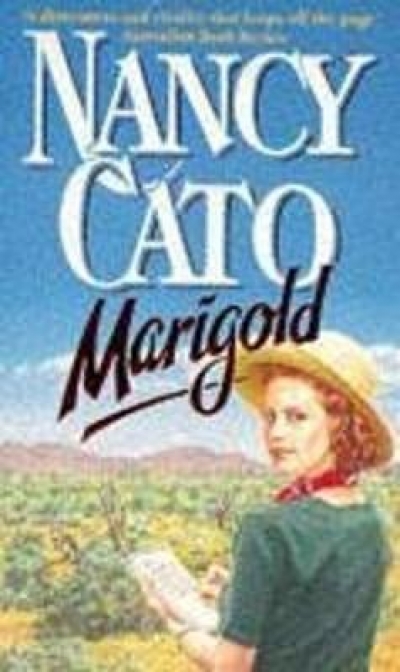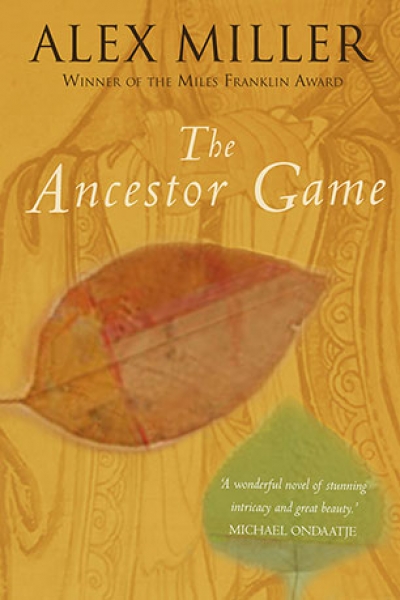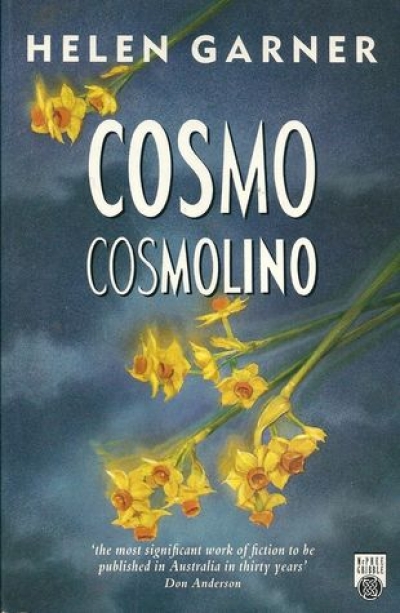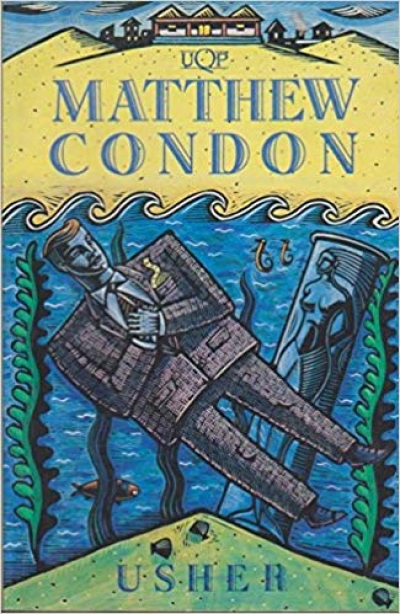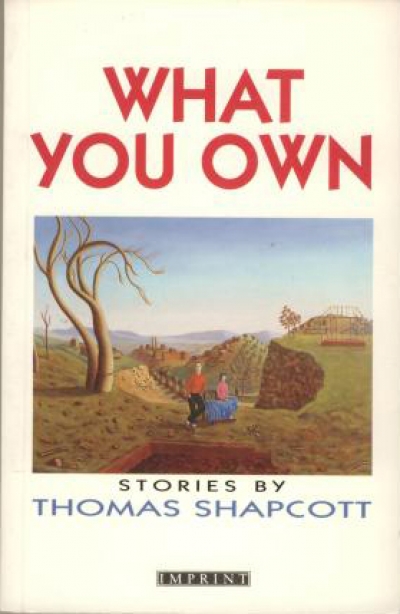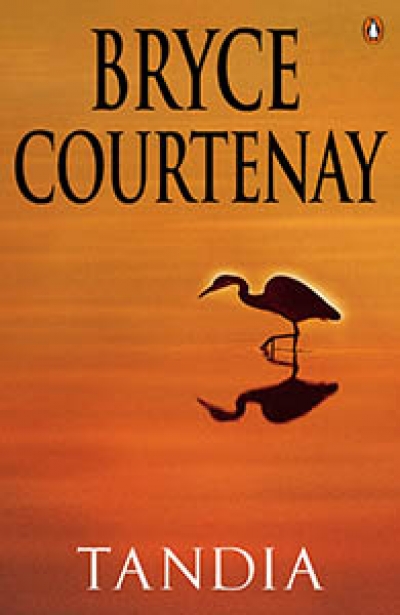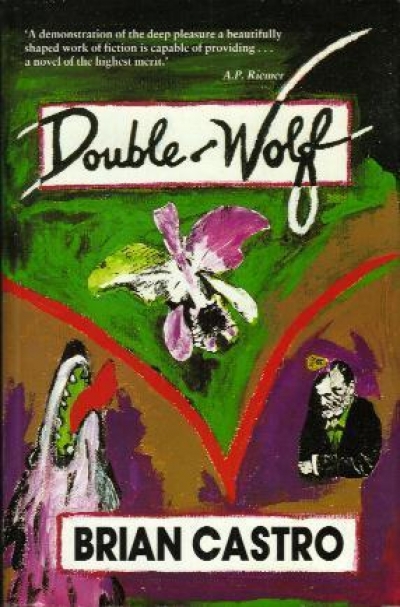Fiction
The remarkable Peter Corris has done it again, producing his third book this year, with probably a couple still to come. I say remarkable because, with the occasional lapse, he manages to maintain a high standard of entertainment despite being prolific. No real writer, of course, would countenance publishing one book a year, let alone four or five, but fortunately for crime buffs this is not a problem for Mr Carris, who, one suspects, would happily produce a book every month if the publishers let him.
... (read more)Michael Guest reviews 'Red On White' by Kit Denton, 'The Siberian Sparrows' by Ian Mcfarlane, and 'A Drop in the Ocean' by Steve Wright
by Michael Guest •
Critically reviewing a populist genre novel requires a particular cribbing, a playing off against deep-seated transcendental notions of literature that tend to motivate pronouncements upon the relatively good and bad points.
... (read more)

